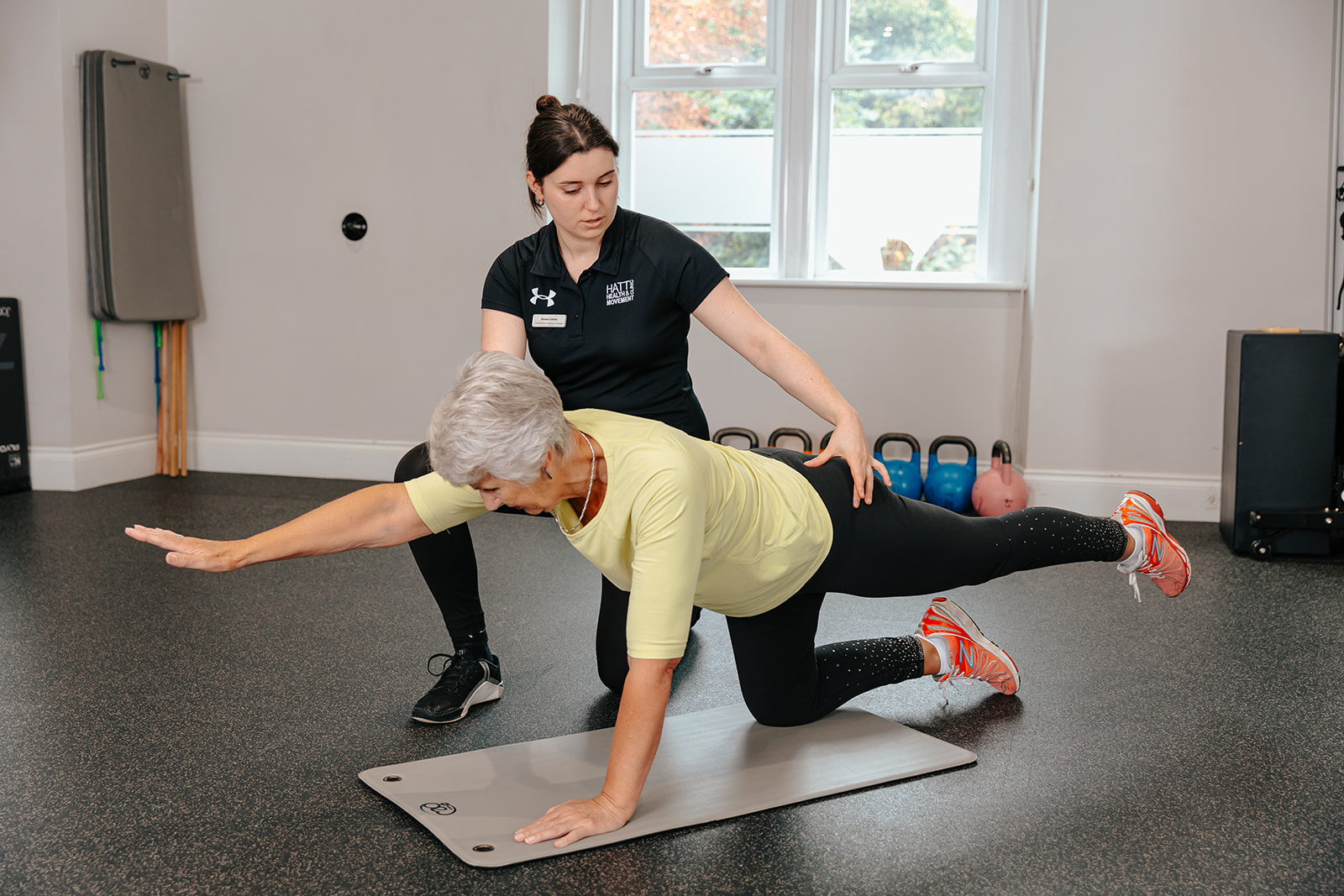Steph Hatt
September 29, 2021
April 07, 2017

Most of the research that has been conducted on glucosamine and chondroitin relates to people who are experiencing the symptoms of knee osteoarthritis.
An imbalance of physiological processes leads to inflammatory cascades at a molecular level which affects the synovium, bone and cartilage and produces joint degeneration. Risk factors for knee OA include age, genetics, trauma, knee alignment and obesity. (see our OA article for more information)
Reviews published in respected journals (including the British Medical Journal) in the period from 2005-7 have suggested that there is no clear benefit of oral glucosamine or chondroitin as compared to placebo. However, glucosamine is as safe as a placebo.
There have been some less rigorous studies that have suggested that glucosamine is superior to placebo in effects on pain or function but this depends on which system of scoring pain and function is used. Some studies have argued that glucosamine and chondroitin affect subchondral bone remodelling and decrease structural change in the knee- this is still open to debate.
The Arthritis Campaign advises that it is reasonable to trial 1500mg of glucosamine sulphate daily if you have been experiencing chronic knee pain as this may reduce the progression of some aspects of OA shown on XRay and it is unlikely to cause you any more harm than taking a placebo (except to your wallet).
However, it is important to remember that it is possible to have OA changes on X-rays but with no discomfort and equally a relatively clear X-ray with a lot of discomfort.
There is general agreement that exercise does have beneficial effects on pain and disability particularly that caused by knee OA.
Physiotherapy advice on a programme of exercise can help you get back on your feet. Generally, it is possible to advise and develop an individual exercise programme with a minimum of two sessions of physiotherapy. You can then use your exercises to maintain and improve the muscular support of your joints.